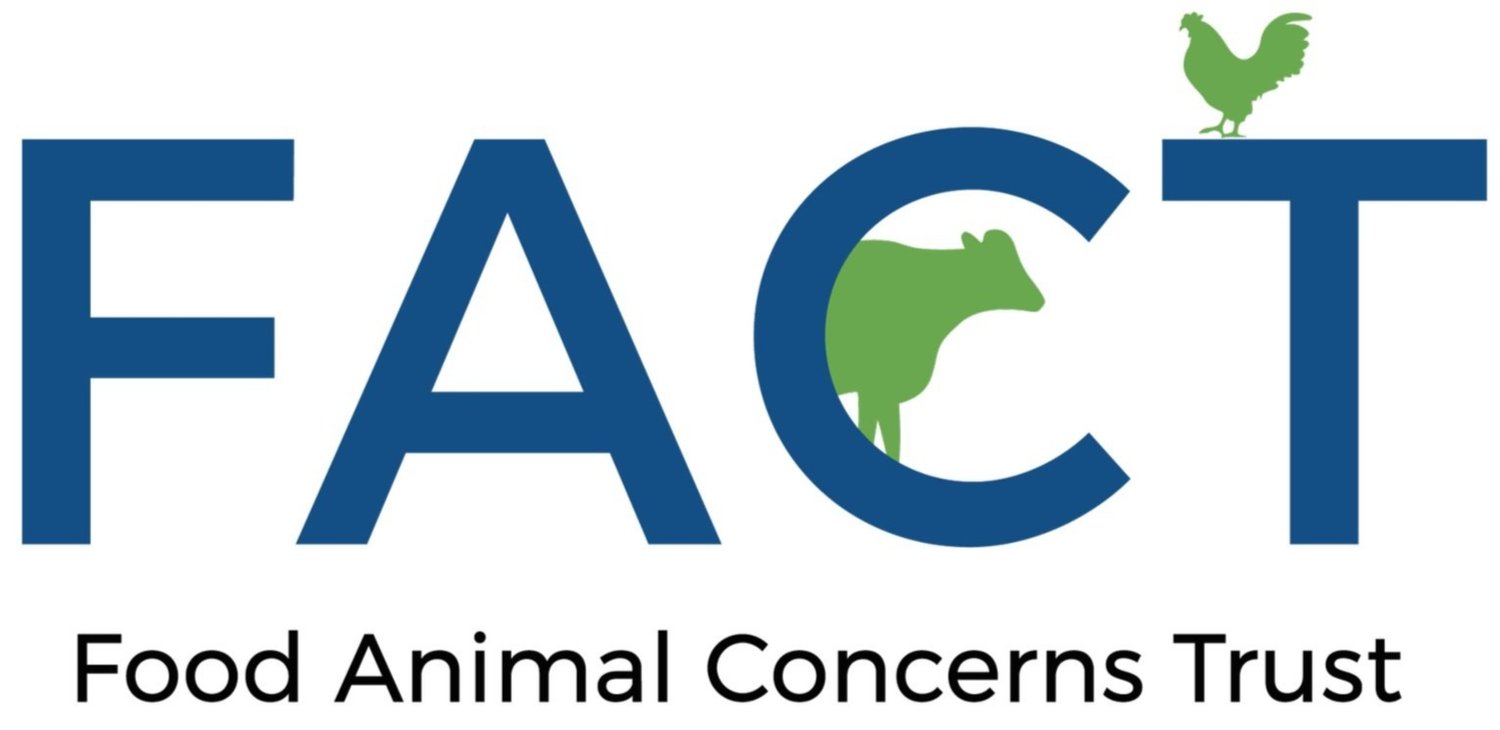Profiles in Conservation: Chockalog Farm
Wenona Racicot owns and operates Chockalog Farm in Uxbridge, Massachusetts, located 75 minutes southwest of Boston on the Massachusetts – Rhode Island border. She raises beef cattle, pigs, chickens, vegetables, and flowers on 36 acres of woodland and open pasture, in addition to 24 acres of adjacent leased land used for hay.
The farm uses a myriad of regenerative conservation practices, including highly intensive rotational “mob” grazing with daily moves of their cattle, multi-species grazing, composting and mulching, no-till management which reduces disturbance of the soil, cover cropping and interplanting, “beyond” organic management which avoids all synthetic inputs, and silvopasture which incorporates wooded areas and tree crops into their grazing system.
Wenona and her family have been using these practices on their land for decades, and are reaping the rewards. Their animals are healthy and their fields are lush. Even though their soil is not naturally rich – it is considered gravel – they have been able to build organic matter through grazing their animals. The animals spread the fertility through their manure and improve the soil. This allows their fields to hold water and stay green longer compared to near-by land, where water tends to run-off into puddles rather than soak in to the ground. Wenona has also observed that she is able to plant earlier in the spring because she doesn’t have to wait until the ground is dry enough to till.
Since Wenona started leasing the adjacent parcel for hay about four years ago and applying organic, non-chemical fertilizers, she has witnessed a marked improvement in the soil health. The pH of the soil has increased from 5 to 6.5, transforming it from a poor level to an ideal level for vegetation to grow and thrive.
Wenona has worked with the USDA’s Natural Resources Conservation Service (NRCS) to develop a comprehensive nutrient management plan and forestry plan, as well as participated in the Environmental Quality Incentives Program (EQIP) in the past to purchase a high tunnel to extend her growing season for her plants.
Chockalog Farm’s commitment to regenerative, climate-smart practices has help them build resiliency and optimize their operation.
To help farms mitigate and adapt to the climate crisis, FACT supports the Agriculture Resilience Act (ARA). This farmer-driven, science-based bill calls for (1) increasing investment in agricultural research, (2) improving soil health, (3) supporting the transition to pasture-based livestock, (4) ensuring farmland preservation and viability, (5) promoting on-farm renewable energy, and (6) reducing food waste.

